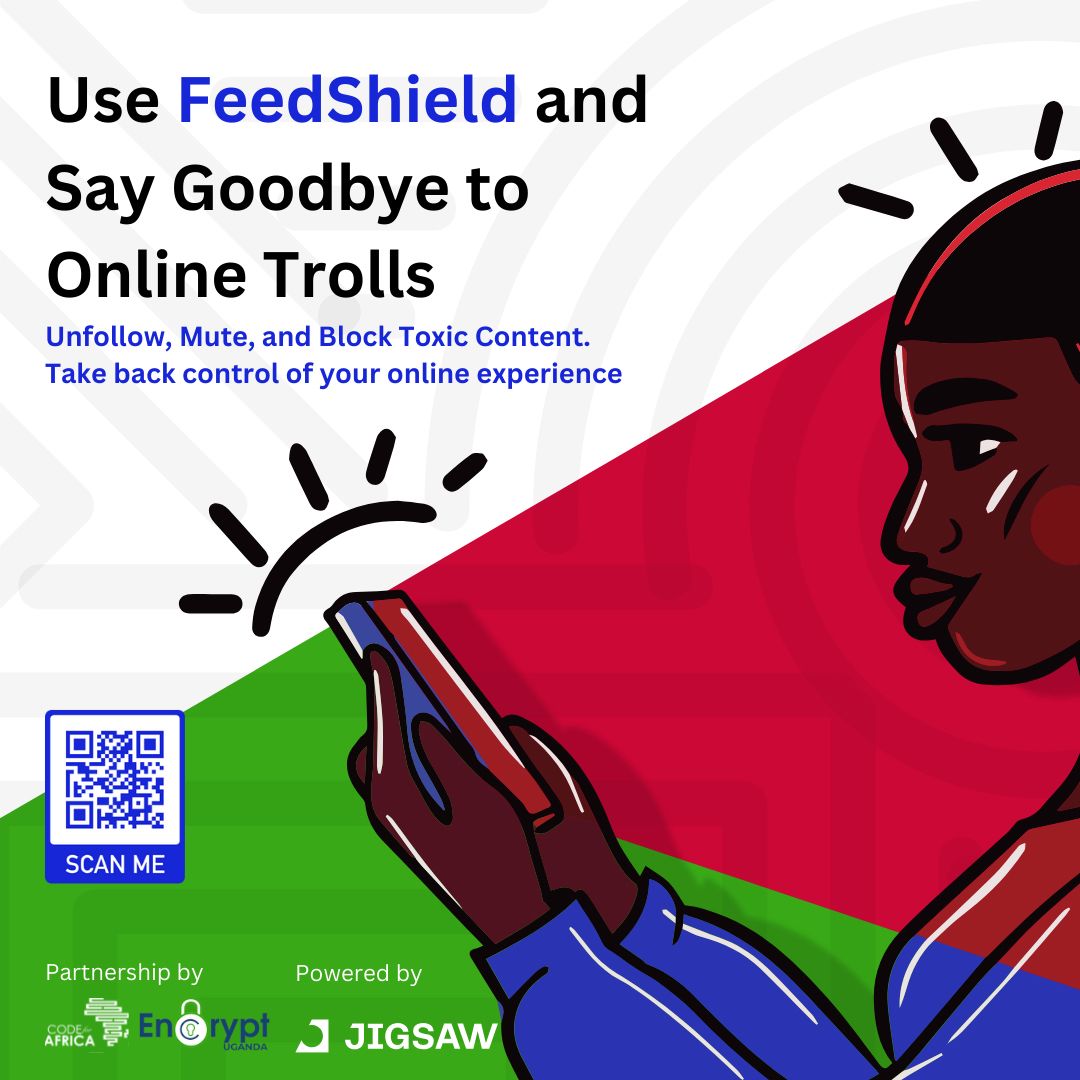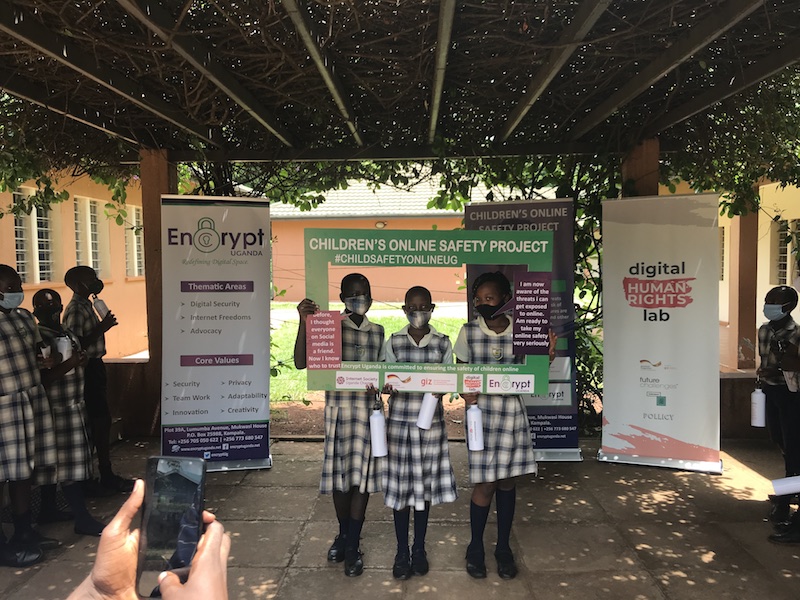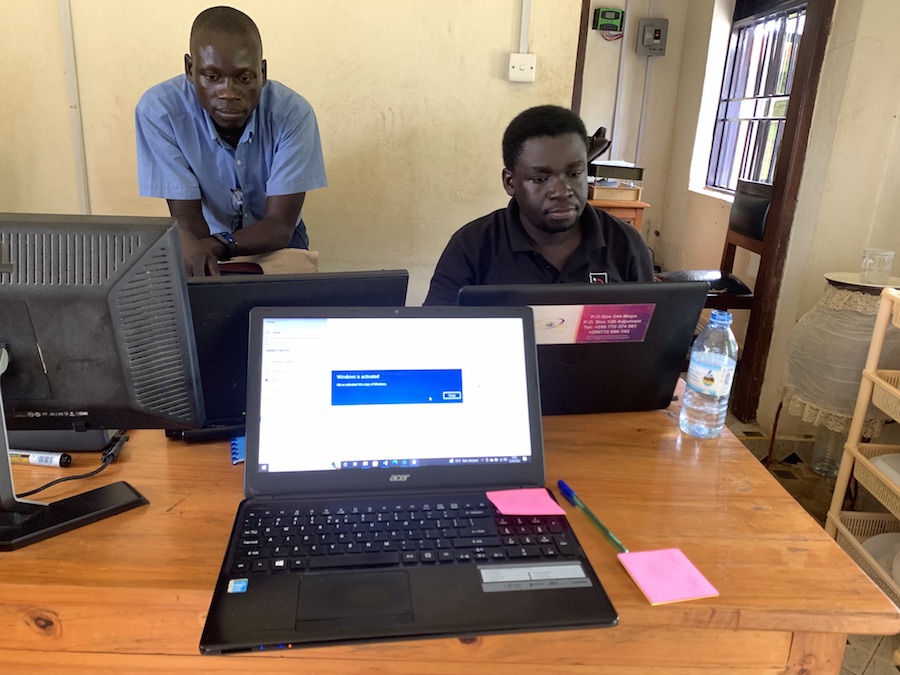Promoting Children's Safety Online in Uganda: A 2020 study on children’s safety online and guide to enhance their safety
In 2020, as the Covid-19 pandemic ravaged many parts of the world, Uganda moved to close all primary and secondary schools, and other higher institutions of learning – including universities on March 20, 2020. In a national address, President Yoweri Museveni noted on March 18, 2020 that it was important to temporarily disperse the concentration points to prevent the spread of coronavirus.’ As a result, almost 15 million children in Uganda were affected by school closures due to the pandemic.
Accordingly, as part of the organization’s ‘Children’s Online Safety Project’, Encrypt Uganda sought to understand the state of children’s safety online in Northern and Eastern Uganda as they navigate the dramatic change to online learning.
Key Findings from the Study;
Many children who suffered abuse online reported being sent nude pictures, pornographic and obscene messages with vulgar language.
Children also reported receiving Facebook friend requests from strangers (adults) who later started sending them nude photos, intimidating messages, and threatening phone calls with an intention of enticing them for sexual and other forms of abusive exploitation. Some of the friend requests were of accounts that appeared to be of the same gender with the child, especially female, only for it to be clear later on that the account belongs to the opposite gender.
The children who reported suffering from cyberbullying recounted receiving abusive comments on their photographs on Facebook and receiving threatening messages and calls for liking and commenting on photos on some Facebook. A boy reported being scolded by his peers for sharing a picture where he was standing with a girl.
Download the Summary Report
Download the Full Report













